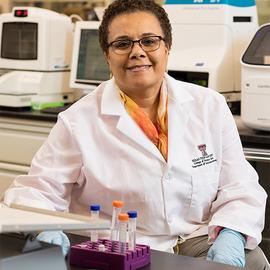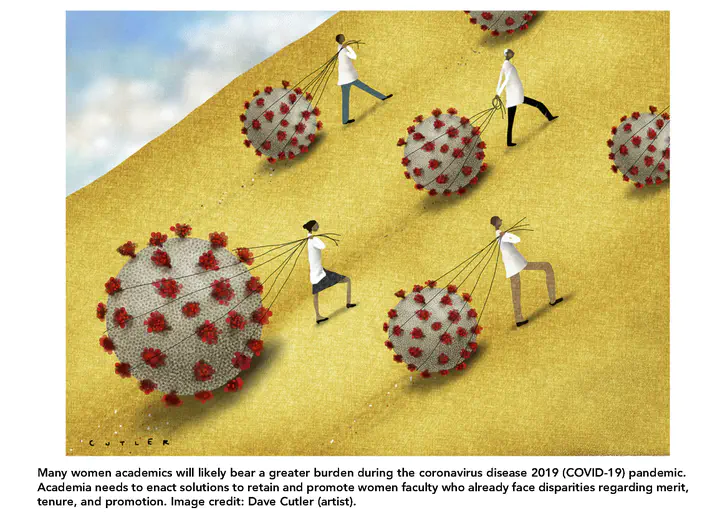Abstract
The coronavirus disease 2019 (COVID-19) pandemic has upended almost every facet of academia. Almost overnight the system faced a sudden transition to remote teaching and learning, changes in grading systems, and the loss of access to research resources. Additionally, shifts in household labor, childcare, eldercare, and physical confinement have increased students’ and faculty’s mental health needs and reduced the time available to perform academic work. A pandemic naturally highlights privileges, such as financial security and access to mental health care. It also amplifies the mental, physical, social, and economic impacts attributable to preexisting inequities in academia. Making matters worse, in times of stress, such as pandemics, biased decision-making processes are favored, which threaten to deprioritize equity initiatives.
Publication
Proceedings of the National Academy of Sciences
Click the Cite button above to demo the feature to enable visitors to import publication metadata into their reference management software.

Assistant Professor
I am a behavioral endocrinologist studying how organisms physiologically and behaviorally respond to and cope with challenges (stressors).

Horn Distinguished Professor | Nutritional Sciences & Director | Obesity Research Institute (ORI); Nutritional Sciences
Dr. Moustaid-Moussa’s research has focused on a potential role for adipose tissue in triggering and/or potentiating obesity and associated co-morbidity. Her research has significantly contributed to our understanding of the important role for adipose tissue as an endocrine system that impacts not only fat cell expansion but also whole body homeostasis.

Assistant Professor, Department of Nutrition and Food Studies
Research interests include strategies, both in vitro and in vivo, to investigate the effects of Bioactives (omega-3 fatty acids) in maternal obesity, role of the Renin Angiotensin System (RAS) in beta cells, and the interactions between adipocytes and beta cells and their influence on diabetes and obesity.
